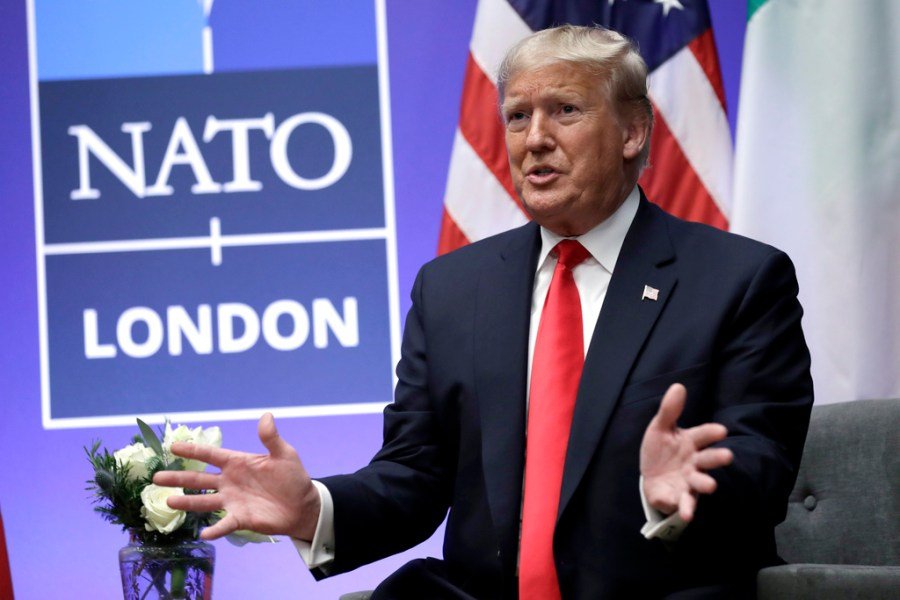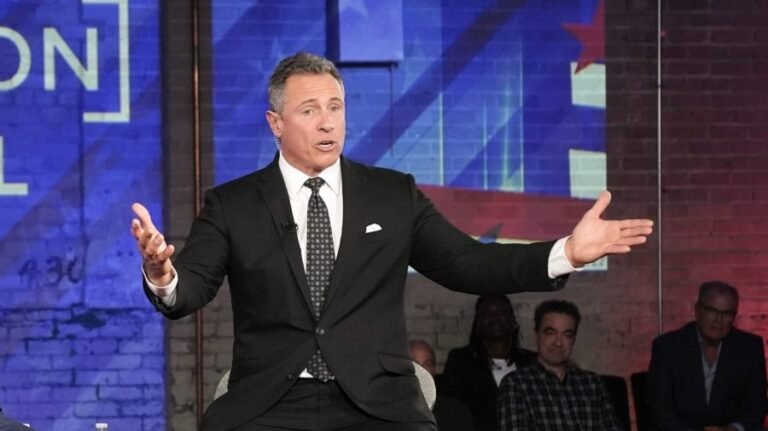
As President Trump and his allies dismantle the global system America once championed, the rest of the world faces a choice: either brace for chaos and kiss the ring, or forge, at least temporarily, a new order that promotes democratic principles but largely excludes the U.S. while leaving the door open for a future, less-bullying America to return.
This would have been unthinkable not long ago. But Trumpism’s assault on two essential pillars of the postwar global consensus — multilateralism and liberal democracy — is making it necessary.
These pillars helped expand prosperity, reduce war, and uplift billions. They were indispensable in facing challenges like pandemics, cyberterrorism, and climate change. Trump and his imitators seek to replace them with something cruder, based on the reasoning that America is the strongest: economic nationalism and elected autocracy, with each country fending for itself and every man for himself.
Multilateralism means sovereign nations working together, within rules-based institutions, to address problems. Trump has rejected this outright. His administration undermined the World Trade Organization, the United Nations, the Paris Climate Agreement, and NATO, the very embodiment of the alliance — not to mention the World Health Organization, from which he withdrew against all logic.
Though the U.S. dominates NATO militarily, it contributes just 16 percent of the common budget — about the same per capita as Germany — and does not unilaterally control the alliance. This has irked Trump, who has declared NATO “obsolete,” lied about the U.S. share and shown disdain for its collective commitments.
With respect to world trade, Trump’s tariff war rests on the notion that imports are somehow inherently harmful. The Peterson Institute for International Economics estimated his tariffs on China, Canada, and Mexico would cost the average U.S. household over $1,200 per year. Historically, tariffs have caused major damage. The Smoot-Hawley Tariff Act of 1930 worsened the Great Depression by triggering retaliation.
Only after World War II, with the General Agreement on Tariffs and Trade and later the World Trade Organization, did global trade recover. Today, international trade exceeds $25 trillion annually and average tariffs are down to 2.5 percent. Trump’s unilateralism has threatened all this.
These global institutions are part of a bulwark against a return to nationalist chaos. They were created after World War II to prevent World War III. One should recall the maxim about forgetting the lessons of history.
Trumpism also redefines democracy as a contest of popularity: You win an election, and you rule without constraint. It dismisses civil liberties, judicial independence, and press freedom. This mirrors the ideologies of Viktor Orban in Hungary, Recep Tayyip Erdogan in Turkey, Narendra Modi in India, the Law and Justice Party in Poland, and increasingly, Benjamin Netanyahu in Israel. According to Freedom House — which Trump has undercut by slashing foreign aid — 2024 marked the 19th consecutive year of democratic decline, with rights worsening in 60 countries.
This worldview sees rules as weakness and ideals as naïveté. Trump’s America doesn’t want to lead the world — it wants to dominate or isolate from it. That’s a dereliction of the American role in promoting liberty and truth.
The appeal of illiberalism is no mystery. Across the world, fascist forces have weaponized wedge issues amplified by social media and simplistic populism. Immigration, for instance, is both an economic necessity and a cultural flashpoint. Progressive overreach, inequality, and instability have fed public anger. But liberal democrats have failed to explain how autocrats actually harm the very people they rally.
If Trump’s America walks away from its postwar responsibilities, the world should call his bluff. Done wisely, this could help Americans recognize the strategic failures of the populist right. Trump’s global strategy involves supporting anti-democratic takeovers around the world. Now, core NATO countries are boosting defense spending and cooperation, anticipating that U.S. leadership can no longer be counted on. If Trump pulls out, a new alliance may emerge. But other possibilities — economic and political — are just as vital.
One idea is a broad, low-tariff economic bloc of countries committed to not weaponizing trade. They could cap tariffs at 10 percent, resolve disputes through arbitration, and signal that interdependence still matters.
This bloc wouldn’t need to exclude non-democracies. It might include the EU, UK, Japan, Canada, Mexico, Chile — even China or India, if they play by the rules. When Trump abandoned the Trans-Pacific Partnership, its remaining members formed the Comprehensive and Progressive Agreement for Trans-Pacific Partnership, now covering 15 percent of global GDP. Although the U.S. alone accounts for about 10 percent of global exports and 13 percent of imports, it is not irreplaceable. A united bloc would render bilateral extortion tactics ineffective. The message: we will not be divided and conquered.
Another option is an alliance of liberal democracies committed not just to trade, but to civil liberties, press freedom, and minority rights. Think of it as an expanded EU — or what America used to represent.
This would exclude countries like Hungary, Turkey, India, and Israel under its current coalition — and possibly also the U.S. under Trump. The alliance could support election security, regulate social media, encourage academic exchanges, and promote joint infrastructure and cybersecurity. It would be a sanctuary for truth in an age of disinformation. It would affirm that democracy is about values, not just elections — and that those values lead to prosperity and legitimacy.
This is the fight we are in. If clarity requires sidelining the U.S. for now, so be it.
Dan Perry is the former Cairo-based Middle East editor and London-based Europe-Africa editor of the Associated Press, former chairman of the Foreign Press Association in Jerusalem, and the author of two books.



